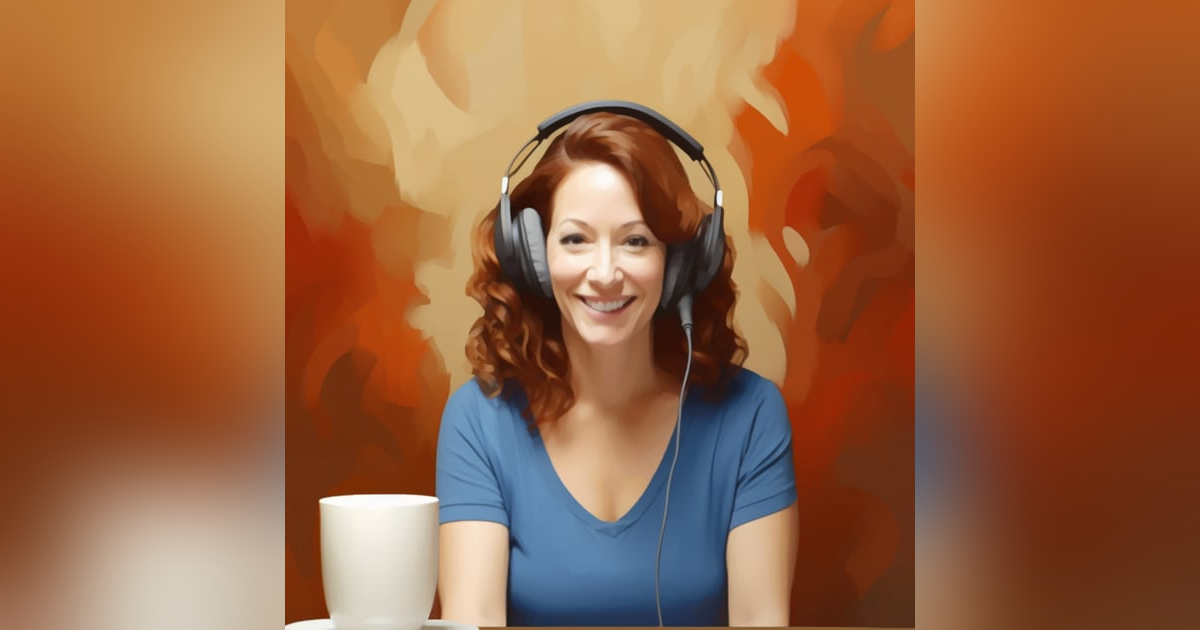#99: Betterinary. With Dr Heidi Hulon.

Confession: sometimes I get tired of wellness discussions, with the constant barrage of advice on resilience and burnout prevention. Not because it's not important, but because it often feels like these conversations boil down to "here are ways how you should be better so that you can better cope with this challenging career." Which is why I loved this conversation with Dr Heidi Hulon, which isn't so much about adapting to challenging circumstances, but rather about revolutionising the whole veterinary experience.
Dr Heidi Hulon has been involved in multiple roles across the profession, from practising clinician, practice owner and industry roles, vet boards leadership roles and even a board member at the Louisville Zoo. She currently serves as a Wellbeing Consulting Veterinarian at Elanco Animal Health. We were introduced to Dr Heidi by our friends at Elanco Australia, who are hosting a series of live, in-person sessions with Dr Heidi called "The Betterinary Series", and in this episode we unpack some of the topics from this series with Heidi, like why culture is key to resilience and how you can use neuroplasticity to reduce negativity bias and experience the positives.
Register here to secure your free spot at the one of the Australian sessions of the Betterinary Series. September 4 in Sydney, 5th in Melbourne, Adelaide on the 6th, Perth on the 7th and Brisbane on the 8th of September.
Topic List:
09:30 Taking care of your wellness before it's obvious that you need to.
14:30 Rekindling your why.
22:17 The stumbling blocks to creating a thrive instead of survive environment.
31:00 The connection between culture and spotting more yellow cars.
35:44 Positivity and it's impact on neuroplasticity.
43:38 Practical ways to put neuroplasticity into practice.
52:27 Details about the Betterinary Series.
53:42 What is right with veterinary medicine?
54:56 What is one change Dr Heidi would make to veterinary medicine?
57:31 Dr Heidi's favourite books.
60:58 Dr Heidi's advice to new grads.
Join our community of Vet Vault Nerds to lift your clinical game and get your groove back with our up to date easy-to-consume clinical episodes at vvn.supercast.com, visit thevetvault.com for the show notes and resources for this episode, and connect with us through our online Vet Vault Network. for episode highlights, discussions, questions and support.
Come help us create some live clinical content at IVECSS '23 in Denver, Colorado from 7-11 September.
Get up and running (or working!) with a 10% discount for Tarkine shoes, the official shoe of the Vet Vault. (discount automatically applied at checkout using this link).
Podcast: Revisionist History by Malcolm Gladwell.
Book: Lessons In Chemistry by Bonnie Garmus.
Book: West With Giraffes by Lynda Rutledge.






